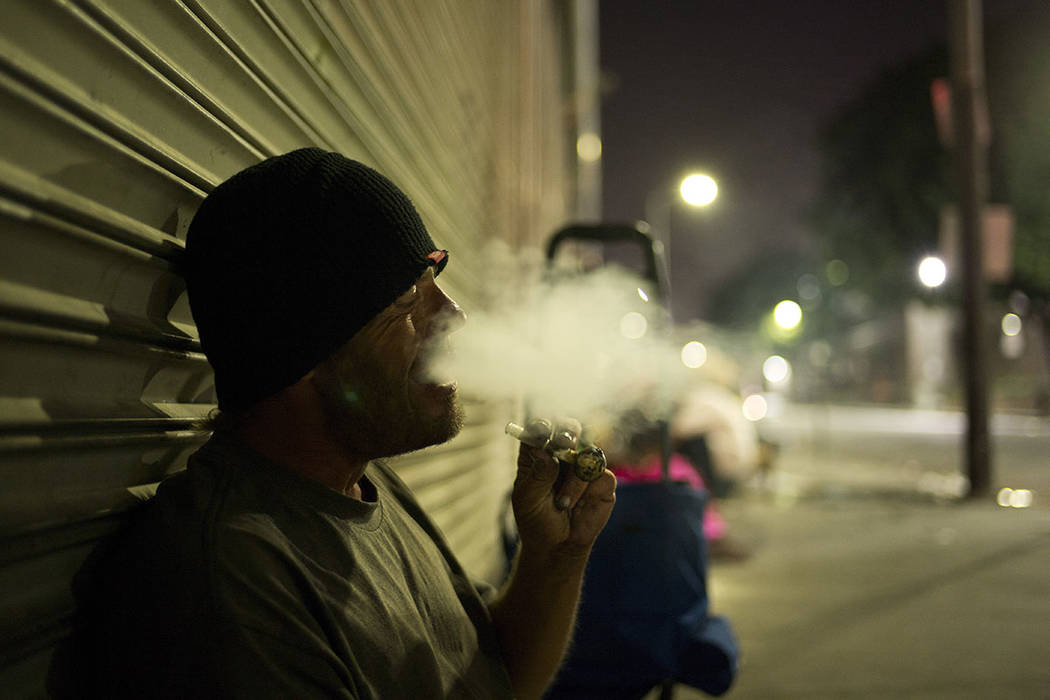EDITORIAL: California homeless charity closes after assault from the administrative state
New rules in California were supposed to encourage more of the state’s charitable organizations to help those in need. But as is the case with so many government regulations, the law of unintended consequences often intervenes.
Take the homeless and San Diego, for example.
Every Friday evening for the past four years, a nonprofit called Deliverance San Diego has been serving an average of 200 donated meals to the city’s homeless. According to the group’s website, volunteers from various churches prepare the meals in their homes and then meet downtown to “load four food wagons with chili, soup, cornbread, water and other snacks.”
This is a worthy endeavor that should be celebrated. But not in California’s musclebound administrative state. As Joseph Sunde of the Foundation for Economic Education noted recently, California’s “dream of regulated soup and sandwiches is taking precedence over the bottom-up activity of neighbors who are passionate about loving their neighbors.”
Last year, busybodies in Sacramento imposed new health guidelines affecting charities. In response, the San Diego County Department of Environmental Health now requires such organizations to use licensed, state-approved kitchens, add hand-washing stations and follow other new mandates. Officials with Deliverance San Diego say that adjusting to the new rules would be impossible without costly organizational changes — changes they couldn’t afford to make with a yearly budget of less than $7,000.
“We’re on a shoestring budget,” volunteer Gary Marttila told the San Diego Union-Tribune, “so working out all those logistics became too big of an obstacle to overcome.”
So the group plans to dissolve by the end of this month.
As Mr. Sunde notes, the group didn’t even have the resources to try to craft a compromise with city bureaucrats, which is evidence of the pressures such policies place on “small and vulnerable charities and institutions who don’t feel they have political sway.”
While supporters of the regulations cite food safety as a significant rationale for the new rules, their concerns seem wildly overblown. In October, the East Bay Express reported that leaders of other, similar charitable organizations have never received complaints about illnesses and are careful to take common-sense precautions when serving and handling food.
Barbara Brust, founder of a group that delivers homemade soup to people on the streets of Berkeley, told the Express that the new law will force people “to either panhandle to buy (junk) food or dumpster dive, and I think that’s a lot more unhealthy than getting fresh homemade food.”
Ms. Brust is spot on. Unfortunately, this debacle provides yet another example of how the death of common sense is the inevitable result of a regulatory apparatus run amok.

















